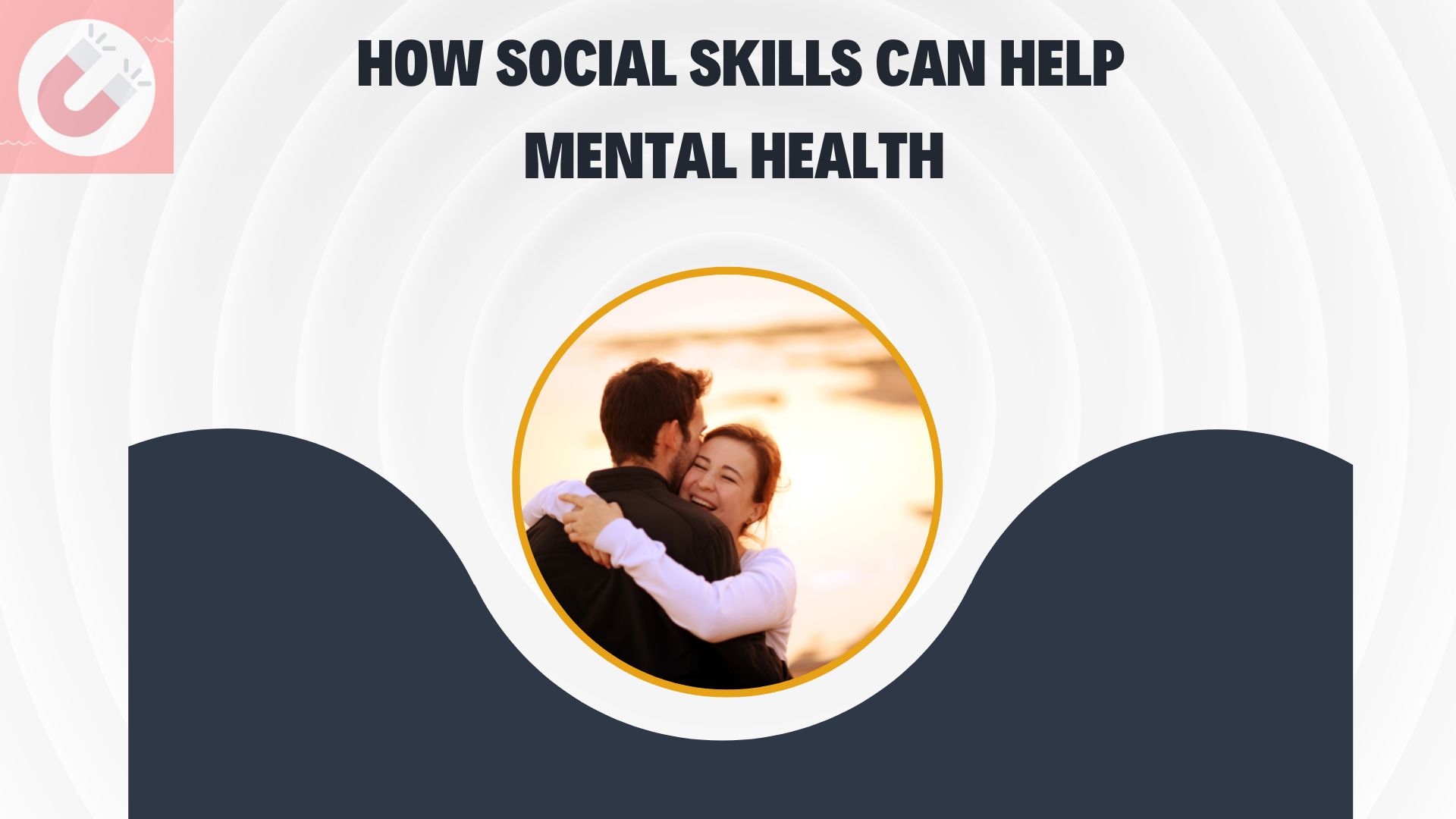Historically, when we just started running social skills classes for adults at Jaunty, many of our students’ goals were to pursue investors for money, get promotions, seduce people, and make as many friends as possible to look good in the world and feel like they had high status.
Over the past 5 years, and especially over the last 24 months, we’ve recognized a change in motivation.
Creating healthy relationships (by choice) have become a way to challenge preconceived notions, reduce stress and gain emotional and mental stability by creating healthier social circles, social independence, and confidence.
It’s A Quantum Shift From External Status To Internal
From showing off with pictures surrounded by dozens of friends to unrecorded belly laughs and deep conversations. From “doing it for the gram” to doing it for ourselves.
People are learning that you don’t need a million friends. The goal is to first find the minimum needed to fulfill your social circle – many people overwhelm themselves too fast. One best friend, and one romantic partner, that’s a good start!
My wife and I recently hosted a Rosh Hashanah dinner for about 12 very close friends. It was filled with great conversations, amazing food, a big fire pit, and of course many dogs running around.
The next day my Mom asked about it and I wanted to send her a picture. I scrambled to ask everyone if we took any photos of anyone….the only pic that was taken was one of the dogs altogether. That’s it. And this is in LA!! We were all so present with each other that nobody cared to take pictures.

How does training for social skills help our mental health?
Training for social skills can help create emotional and mental stability by giving people a better understanding of themselves and others. This increased understanding can lead to people feeling more at ease in social situations, as they are better equipped to handle the various interactions that occur. Additionally, having a strong social circle can be beneficial for emotional and mental stability, as individuals can rely on their friends for support during difficult times.
Even more important – knowing that you can find and create relationships anywhere and anytime give you serious confidence and makes you more adaptable to changes like a new job, a new city, or getting out of an unhealthy relationship. Those that have been practicing for a while already cherish this unexpected gift.
The feel good chemicals released from relationships also naturally reduces anxiety.
The secret at Jaunty is that it is a community that changes quickly with the needs of our people. Different people need different social skill sets, and we are constantly updating our programs to reflect that. We believe that this shift is indicative of a larger trend toward valuing internal status over external status, and we will continue to update our curriculum to reflect that.
Having a community working towards the same goal help with mental health because you feel supported, you feel like you belong, and you feel like you’re not alone in your journey.
If you are new to Jaunty, there are a few things you can do to get the most out of your training.
- Be sure to attend the classes. Start with one class, they are only 25 minutes long and you call in from anywhere.
- Just pick one thing you’ve learned and use it – even if it is in an “easy” situation – there is no cheating!
See you in the social skills training!
How Jaunty Social Skills Training Services Work
We’ve made the process of mastering social skills simple.
Here’s how to get started with us:
- Step 1: Complete our form to let us know your needs.
- Step 2: If we’re a good fit for each other, you can set up a call to discuss our service and pricing with you.
- Step 3: We have two services, and they can work together: The Six-Week Masterclass and The Jaunty Gym.
If you’ve been wanting to improve your social skills but haven’t had the time to commit, or have had bad experiences in the past, fill out our form to learn more about your options. Regardless of where you are socially we have found that anyone can improve their social skills and their social life. You can try it out for a month or two and see how you like it. For testimonials from our clients, check out our success stories.



